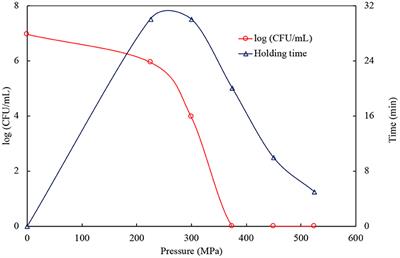EDITORIAL
Published on 12 Apr 2023
Editorial: Emerging non-thermal technology applications for sustainable food processing
doi 10.3389/fsufs.2023.1190320
- 1,943 views
- 3 citations
4,202
Total downloads
23k
Total views and downloads
EDITORIAL
Published on 12 Apr 2023
ORIGINAL RESEARCH
Published on 30 Mar 2023
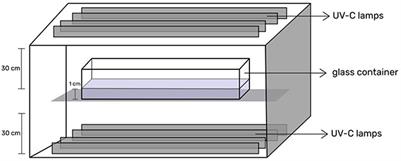
REVIEW
Published on 10 Feb 2023
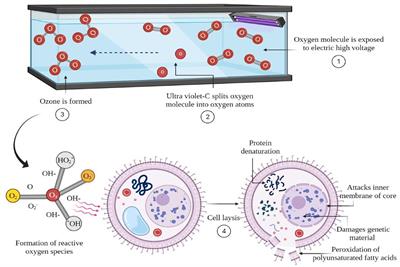
ORIGINAL RESEARCH
Published on 10 Nov 2022
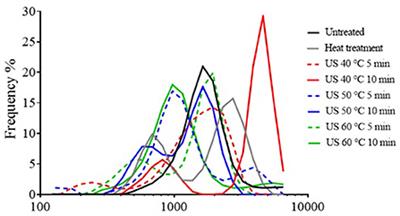
REVIEW
Published on 19 May 2022
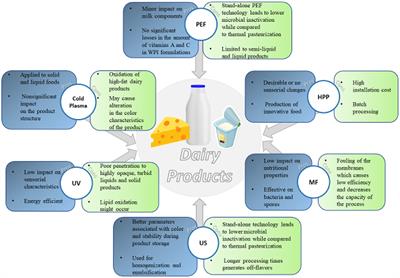
ORIGINAL RESEARCH
Published on 07 Apr 2022
